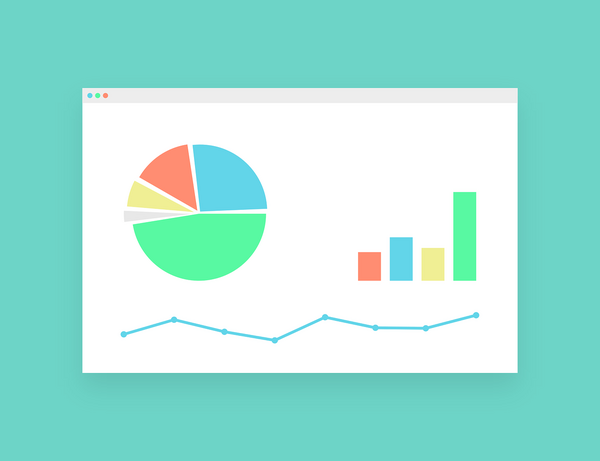Introduction
In the digital age, data has become the lifeblood of marketing campaigns, enabling organizations to target their audience more precisely and optimize their strategies for maximum effectiveness. passbook data analytics, encompassing transactional records and user interactions, offers a wealth of insights that can be leveraged to refine marketing campaigns and enhance customer engagement. This article explores how businesses can harness passbook data to optimize their marketing campaigns, driving better results and fostering stronger connections with their audience.
Understanding Passbook Data
Passbook data comprises a wide range of information generated through financial transactions, including deposits, withdrawals, purchases, and account balances. In addition to transactional data, passbooks may also include user interactions, such as account inquiries, service requests, and feedback submissions. With the digitization of financial processes, passbook data is increasingly accessible in digital formats, facilitating real-time analysis and decision-making.
Role of Passbook Data in Marketing Campaign Optimization
Passbook data serves as a valuable resource for marketers seeking to optimize their campaigns and improve their return on investment (ROI). By analyzing passbook data, businesses can gain insights into customer behavior, preferences, and purchase patterns, allowing them to tailor their marketing efforts to better meet the needs and interests of their target audience. Additionally, passbook data can inform segmentation strategies, enabling marketers to create more personalized and targeted campaigns that resonate with specific customer segments.
Key Strategies for Leveraging Passbook Data in Marketing Campaign Optimization
- Customer Segmentation:
Utilize passbook data to segment customers based on their transaction history, spending habits, and engagement patterns. By categorizing customers into distinct segments, marketers can deliver more relevant and personalized messages that resonate with their interests and preferences.
- Predictive Analytics:
Employ predictive analytics techniques to forecast future customer behavior and identify opportunities for targeted marketing interventions. By analyzing historical passbook data, businesses can predict future purchase trends, identify high-value customers, and anticipate customer churn, enabling them to proactively address potential issues and capitalize on emerging opportunities.
- Personalized Messaging:
Leverage passbook data to personalize marketing messages and offers based on individual customer profiles and preferences. By tailoring messages to each customer's unique needs and interests, businesses can increase engagement, improve conversion rates, and build stronger relationships with their audience.
- Campaign Optimization:
Use passbook data to measure the effectiveness of marketing campaigns and optimize performance in real-time. By tracking key performance indicators (KPIs) such as click-through rates, conversion rates, and return on ad spend (ROAS), marketers can identify underperforming campaigns and make data-driven adjustments to improve results and maximize ROI.
- Cross-Selling and Upselling:
Identify cross-selling and upselling opportunities by analyzing passbook data to uncover complementary products and services that align with customers' purchase history and preferences. By recommending relevant offers at the right time, businesses can increase sales, enhance customer satisfaction, and drive repeat purchases.
Real-World Applications of Passbook Data in Marketing Campaign Optimization
- Retail:
Retailers can use passbook data to analyze customer purchase history and preferences, enabling them to create personalized marketing campaigns that drive foot traffic, increase sales, and foster brand loyalty. For example, a clothing retailer could use passbook data to send targeted promotions to customers based on their past purchases and style preferences.
- E-commerce:
E-commerce companies can leverage passbook data to optimize their online marketing campaigns and improve conversion rates. By analyzing transactional data, browsing behavior, and cart abandonment rates, businesses can identify opportunities to re-engage customers with personalized offers and incentives, driving sales and revenue growth.
- Financial Services:
Financial institutions can use passbook data to enhance their marketing efforts and promote new products and services to existing customers. By analyzing transactional data and account activity, banks and credit card companies can identify opportunities to cross-sell additional financial products, such as loans, insurance, and investment products, to customers based on their financial needs and preferences.
Conclusion
Passbook data provides valuable insights that can be leveraged to optimize marketing campaigns and improve overall business performance. By analyzing transactional records, user interactions, and customer behavior, businesses can gain a deeper understanding of their audience and create more personalized and targeted marketing campaigns that drive engagement, increase sales, and foster long-term customer relationships. As the digital landscape continues to evolve, businesses that harness the power of payslip data digitization will be better positioned to succeed in today's competitive marketplace and deliver exceptional experiences to their customers.




Comments